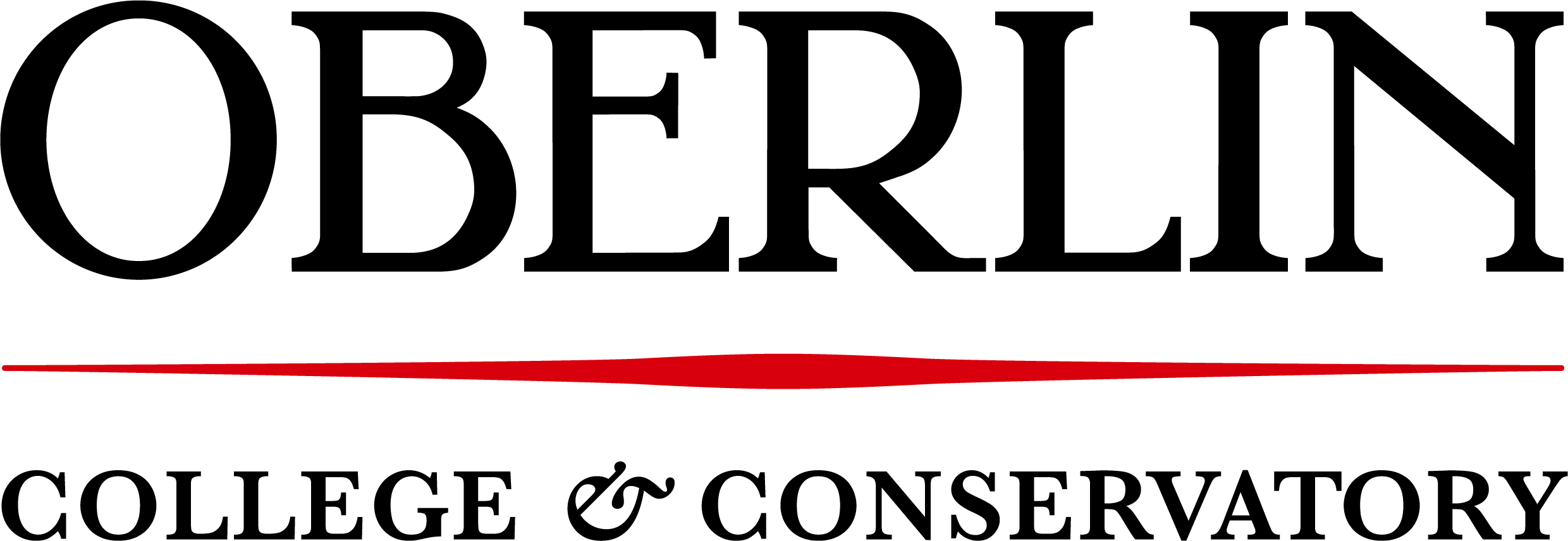Oberlin College and Conservatory Releases Environmental and Social Responsibility Report
Report captures a community dedicated to environmental stewardship, social engagement, diversity, equity, and inclusion.
OBERLIN, Ohio, April 22, 2021 /3BL Media/ - Oberlin College and Conservatory’s first Environmental and Social Responsibility Report, released today, shares the many ways in which students, faculty, staff, and the broader Oberlin community are working together to inspire the world we need.
“We are committed to environmental stewardship and promoting social equity on college campuses and in communities across the country and world,” says President Carmen Twillie Ambar. “There is so much passion for this work in Oberlin—both on campus and in the city—that we felt it important to chronicle the energy and drive. This report showcases just some of our ongoing commitments and progress.”
Oberlin leads by example, and the influence it holds among the nation’s top liberal arts institutions is amplified by its actions. The report provides a wide-ranging look at the efforts of Oberlin College and Conservatory to address environmental and social responsibility in three spheres of influence:
Campus Commitment
Since its founding in 1833, Oberlin has been a community dedicated to environmental stewardship, social engagement, diversity, equity, and inclusion. The report covers Oberlin’s many commitments on campus, where students, faculty, and staff drive change from all areas of the institution. For example:
• In 2006, Oberlin was first among its peer institutions to commit to achieving carbon neutrality. In summer 2021, Oberlin will launch a multi-year, campus-wide conversion to geothermal energy, taking an important step toward the goal of being a carbon-neutral campus by 2025.
• When completed in 2000, the Adam Joseph Lewis Center for Environmental Studies was recognized as one of the top 53 game-changing buildings of the past 170 years by Building, Design + Construction magazine.
• Over the last decade, the college has invested in a broad spectrum of energy-efficient technologies and installed a 10-acre solar array.
• Advocating for and advancing issues of social justice and equity have been central to the ethos of Oberlin College since its founding. Oberlin took an additional step forward last year when President Carmen Twillie Ambar launched the Presidential Initiative on Racial Equity and Diversity. The initiative was established in direct response to increasing injustice and racial tensions in America, and focuses on elevating and advancing Oberlin’s more than 180-year commitment to the education and rights of Blacks in America.
Community Commitment
Oberlin College and the city of Oberlin are inextricably linked, as they were founded by the same people in 1833. The college sits in the center of the city with no boundaries to separate it—literally or figuratively—from the city of Oberlin. The report explores community partnerships in education and service; environmental stewardship in the community; and work to foster strong social connections in the community. For example:
• The college partners with more than 100 local social service agencies, schools, religiously affiliated service organizations, grassroots community initiatives, and municipal government entities that result in opportunities to give back.
• Each year, more than 1,200 students volunteer about 115,000 hours in programs such as teaching Spanish to elementary school students, serving as math and reading tutors, assisting with musical education, transporting donated food to nonprofit food pantries, and promoting a sustainable transportation system on campus and in the community.
• Oberlin College is working closely with the city of Oberlin to build an ecologically, socially, and economically sustainable model of a post-fossil-fuel community.
Global Commitment
Oberlin’s reach extends beyond its campus and its community—each year Oberlin graduates launch careers in locations around the world. Through education, leadership, and service, they are academically prepared and personally driven to change the world for good. The report details Oberlin’s work to educate the next generation of global sustainability and social responsibility leaders, including:
• Oberlin encourages its students to recognize interdependence among social systems, the natural environment, and economies, and model this intersectional approach in our own community in order to drive the world we live in today toward the thriving world we need for the future.
• Experiencing, understanding, and embracing other cultures is an invaluable part of an Oberlin education. Oberlin's global perspective is not limited to the classroom, but shines through in the experiences, living and learning spaces, and activities available to students.
• The report provides a wealth of examples of alumni and faculty efforts, progress, and outcomes across a spectrum of environmental- and social responsibility-related initiatives.
To learn more about Oberlin’s dedication to environmental stewardship, social engagement, and commitments to diversity, equity, and inclusion, see INSPIRING THE WORLD WE NEED: Oberlin’s Commitment to People and Planet.
About Oberlin College and Conservatory
Ranked among the nation’s top liberal arts schools, Oberlin College is known for its exemplary academic and musical pedagogy and its commitment to social justice, sustainability, and creative entrepreneurship. The college, founded in 1833, holds a distinguished place among American colleges and universities as the first to grant bachelor's degrees to women in a coeducational environment and was a leader in the education of African Americans. The Conservatory of Music, a recipient of the National Medal of Arts, was founded in 1865, making it the oldest continuously operating conservatory in the United States.
- ### -
Contact:
Scott Wargo
Director of Media Relations
440-775-5197
Scott.Wargo@oberlin.edu

